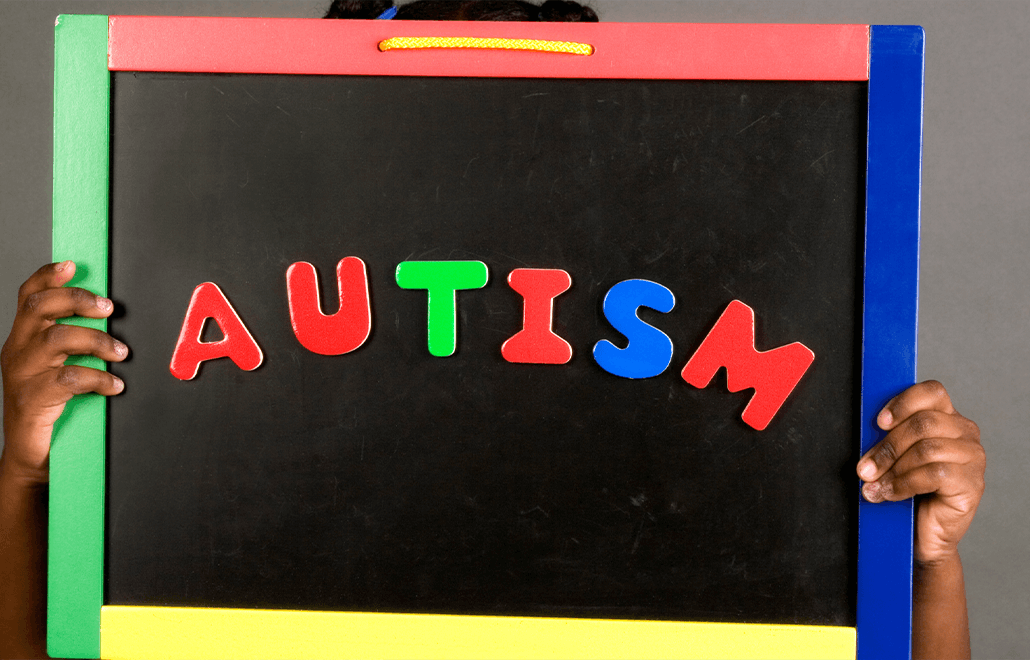
02 May Recognizing Signs of Autism in Infants and Toddlers
3 min. readAutism Spectrum Disorder (ASD) is a developmental disorder that affects how a person communicates, socializes, and behaves. While the exact causes of ASD are not fully understood, it is believed to be a combination of genetic and environmental factors. Early detection and intervention can make a significant difference in the outcome of children with ASD. In this blog post, we will discuss the signs of autism in infants and toddlers and what parents can do if they suspect their child may have ASD.
Signs of Autism in Infants
The signs of autism in infants can be subtle and may not be immediately obvious. However, there are some early signs that parents can look out for, including:
- Lack of response to their name by 12 months of age
- No back-and-forth sharing of sounds, smiles, or other facial expressions by 9 months
- No babbling or pointing by 12 months
- No use of gestures such as waving or reaching by 12 months
- No words by 16 months
- No two-word phrases by 24 months
While these signs do not necessarily mean that a child has ASD, it is important for parents to discuss any concerns they have with their pediatrician. Early intervention can help address any developmental delays or concerns.
Signs of Autism in Toddlers
The signs of autism in toddlers are more noticeable than in infants, but can still be difficult to identify. Some signs to look out for include:
- Lack of interest in playing with other children
- Difficulty with social interactions such as making eye contact, sharing toys, or taking turns
- Delayed language development or loss of language skills
- Repetitive behaviors such as flapping their hands, rocking back and forth, or spinning in circles
- Unusual reactions to sensory input such as avoiding certain textures, smells, or sounds
- Difficulty with transitions or changes in routine
Again, it is important to note that these signs do not necessarily mean that a child has ASD, but they should be discussed with a pediatrician. A formal evaluation by a specialist may be recommended to determine if a child has ASD or another developmental disorder.
What Parents Can Do
If a parent suspects that their child may have ASD, it is important to discuss their concerns with their pediatrician. The pediatrician may refer the child to a specialist for a formal evaluation. Early intervention is key in improving outcomes for children with ASD, so it is important to seek help as soon as possible.
Parents can also help support their child’s development by:
- Engaging in early intervention services, such as speech therapy or occupational therapy
- Providing a structured and predictable routine to help with transitions and changes in routine
- Encouraging social interactions and play with other children
- Providing a safe and predictable environment that is sensitive to their child’s sensory needs
- Educating themselves about ASD and available resources in their community
At Continuum Pediatrics, we are committed to providing personalized care to children and their families. Our team of board-certified pediatricians can provide guidance and support to parents who may have concerns about their child’s development. If you have concerns about your child’s development, please contact us to schedule an appointment.

